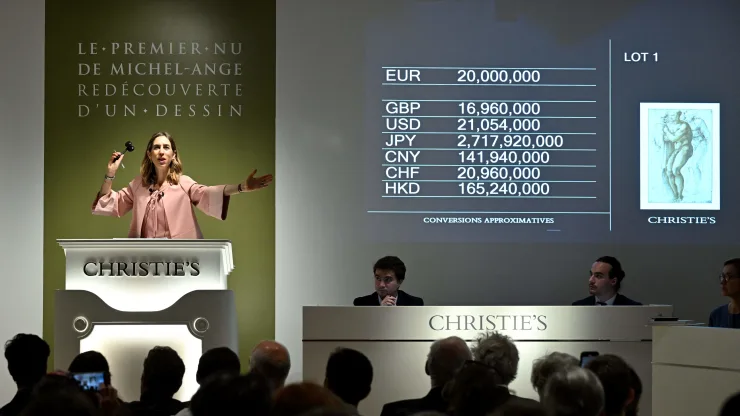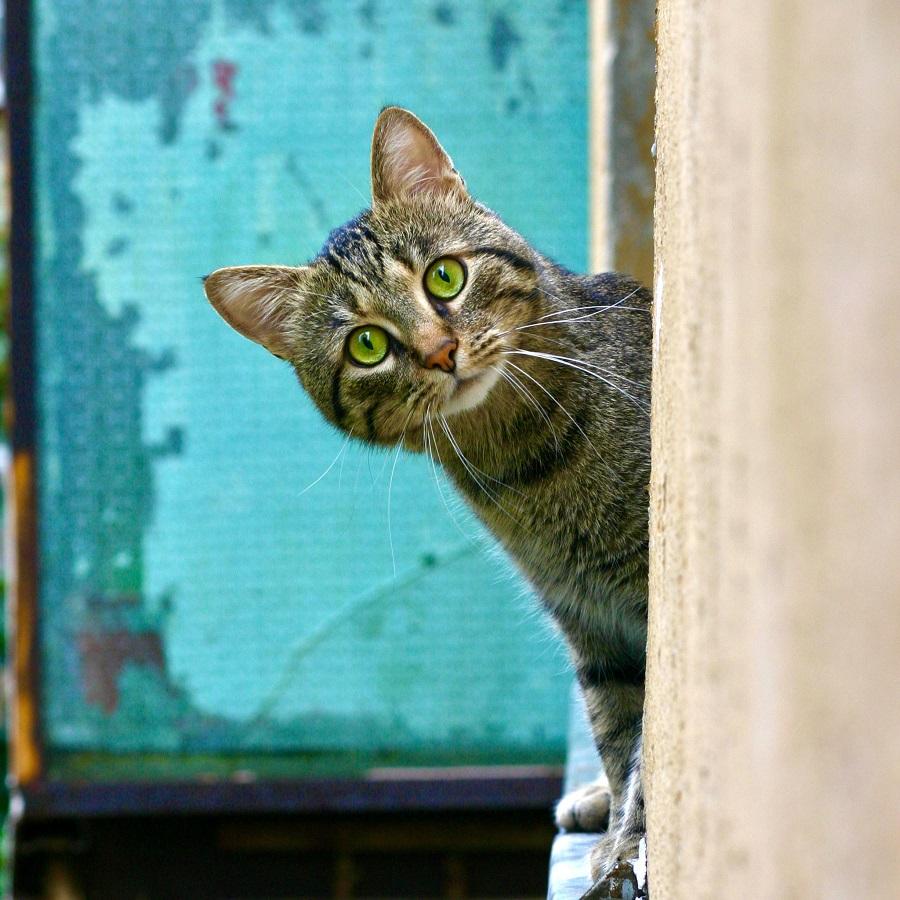Positive Job’s Movement
While the economy continues to be tough, there are some positive movements. The nation’s employers added a strong 216,000 jobs in December, according to a recent government report. This increase exceeded the 173,000 jobs added in November, indicating the resilience of the American labor market despite higher interest rates.
The unemployment rate remained steady at 3.7%, marking the 23rd consecutive month that joblessness has stayed below 4%. However, some details of the report may not be well-received by the Federal Reserve, which is focused on fighting inflation.
Average hourly wages rose 4.1% from a year earlier, up from a 4% increase in November. This uptick in wage growth could make it more challenging for the Fed to slow inflation back to its 2% target. As a result, the central bank might be inclined to delay any cuts in its benchmark interest rate.
Some interesting details are were the jobs mostly came from. According to the Bureau of Labor Statistics, the largest gains were in health care and social assistance. Which gained about 58,900 new jobs. Followed by government jobs (mostly local) which gained around 50,000 jobs. Leisure and hospitality with around 40,000. While retail trade and construction both got around 17,000 respectively.




